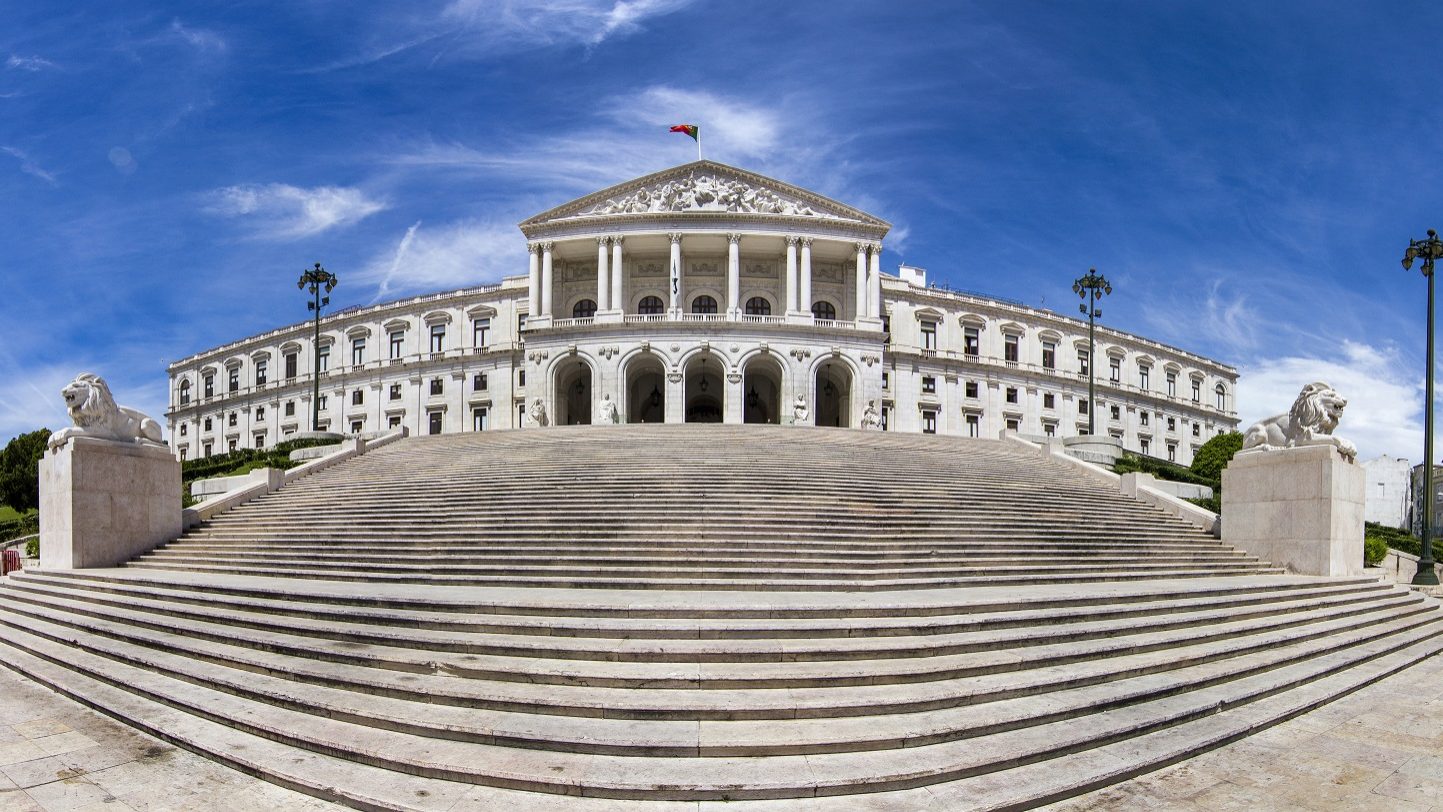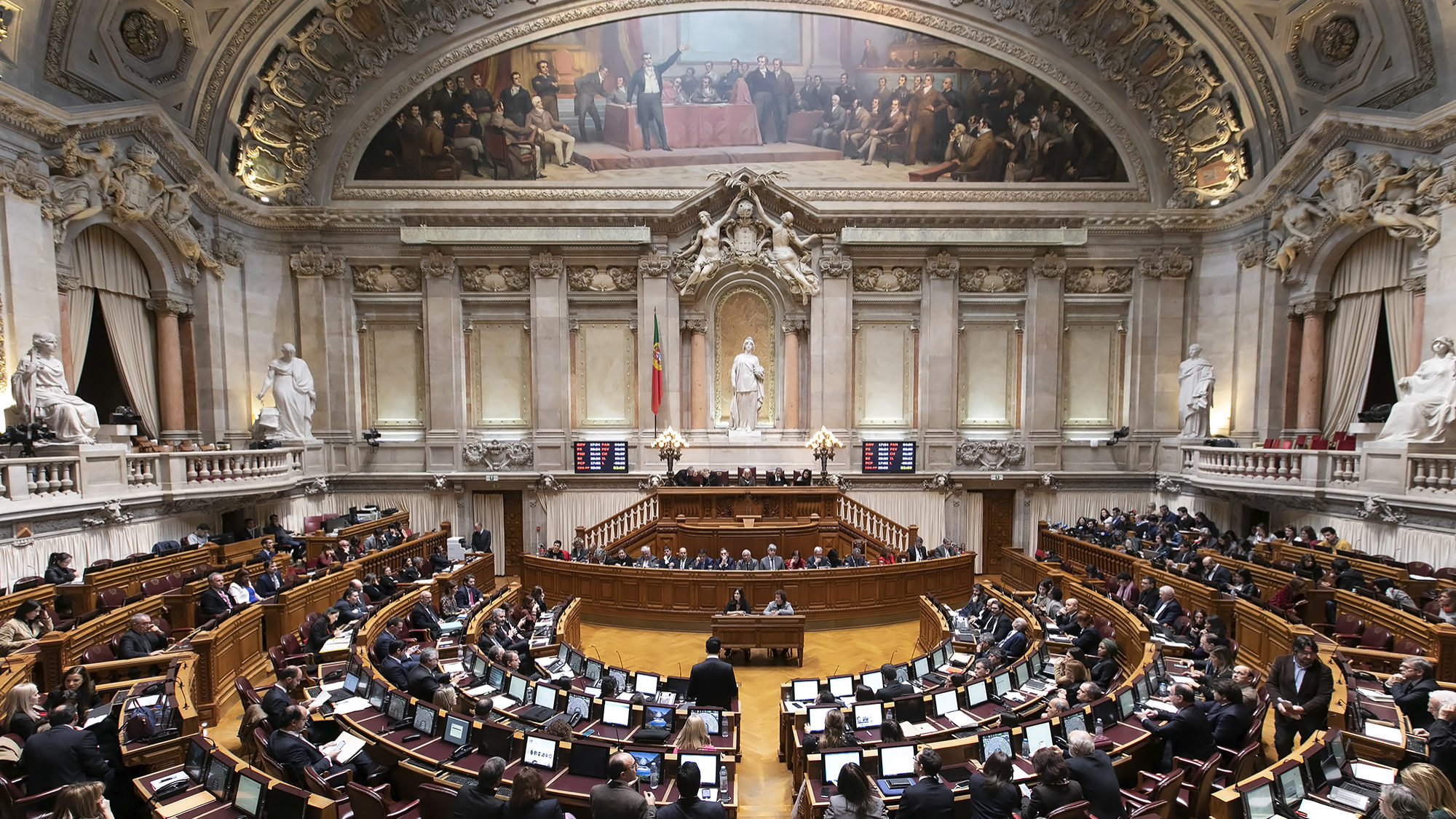‘Some limitations in implementing RRP’ – government
The minister of the presidency, Mariana Vieira da Silva, said on Thursday that there may be "some limitations" in the implementation of the RRP due to the current political context.
The Portuguese government said on Thursday that there may be “some limitations” in the implementation of the Recovery and Resilience Plan (RRP) due to the current political context after the 2022 Budget was voted down in parliament.
At the end of today’s cabinet meeting, the minister of the presidency, Mariana Vieira da Silva, said “the RRP has a series of investments and reforms” and that “it is possible that there may be a context of some limitations to what is planned, but the government’s understanding is that it has conditions” to move forward, she stressed.
“This is one of the reasons why the government is not resigning, to implement the PRR that it designed in response to the country’s needs and its economic and social recovery,” she stressed.
“It is clear that the context will not be the same as if the Budget had passed, but we believe that we have the conditions to guarantee that the country does not lose access to these funds because of this political situation,” she concluded.
She also assures that “the government will take all measures within its reach” in the framework of the president’s decision on the current political crisis, which is “serenely awaited”.
“The government will take all measures within its reach in the framework defined by the president and, therefore, the measures that do not require the Budget and that can be taken by the government, constituting commitments that it has assumed and within the scope of the budgetary availabilities that exist, it will take,” she said.
The parliament rejected the 2022 Budget at the first reading on Wednesday, with votes against by the PSD, BE, PCP, CDS-PP, PEV, Chega and IL, paving the way for snap elections.
The PS was the only party to vote in favour of the Budget proposal.
Before the vote, President Marcelo Rebelo de Sousa warned that if the Budget was rejected, he would start “the process” of dissolving parliament and calling early parliamentary elections.
Hours later, Marcelo met with prime minister António Costa and parliamentary speaker Ferro Rodrigues at Lisbon’s Palácio de Belém.
Early parliamentary elections must be held within 60 days of the dissolution of parliament and be scheduled at that same time, according to Article 113 of the Constitution of the Portuguese Republic.
To dissolve parliament, the president has to hear the parliamentary parties, which happens on Saturday, and the Council of State, which meets on Wednesday.


